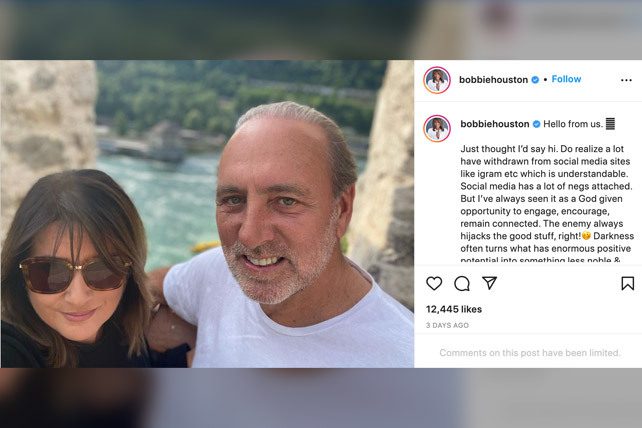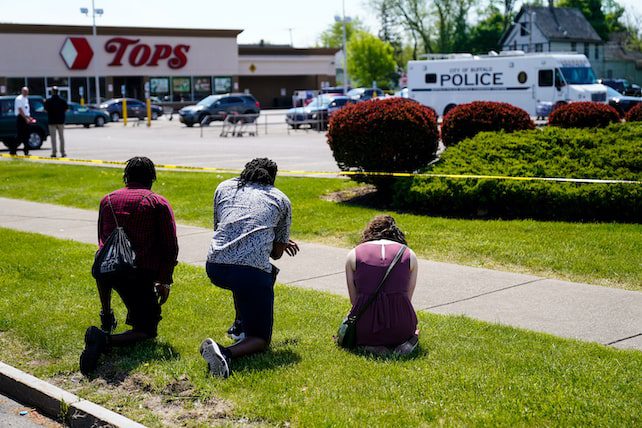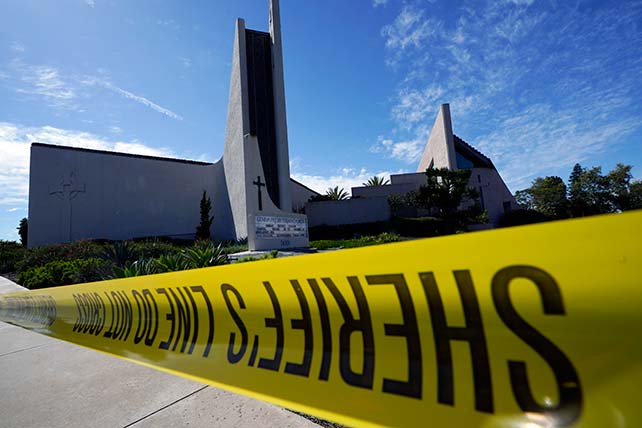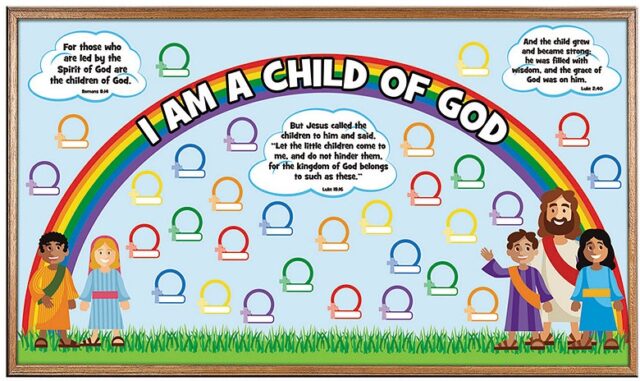Last I checked, there were 861,000 self-help books available on Amazon. The sheer popularity of self-help books points to the reality that humans live with an insatiable longing for something more, something better. This is why we keep making resolutions every New Year even though we will almost certainly not follow through with them. How are your resolutions from this January going so far? Mine, not so great! But I think that’s okay, and I hope here to convince you of the same.
Most of us are plagued with an inevitable frustration toward ourselves. We were made for more, we are made to be more, and we know it. As we are reminded in Paul’s letter to the Romans, we groan under the weight of this longing (Romans 8:22-24). When the light of God is active within us, this frustration can be a hopeful sign of what’s to come but has not yet been realized. Call it a holy dissatisfaction, a frustrated anticipation of what we know will one day come true: that we will be like Jesus Christ, for we will see him as he is (1 John 3:2-3).
Our innate, unshakable longing to be better suggests that deep down, we don’t really believe that to err is human after all. If we are governed by Scripture, filled with the Holy Spirit, and aware of our calling to become perfect, as our Heavenly Father is perfect, we will always feel a tension with this popular sentiment. The very fact that we confess our sins betrays the idea. As those who are created in the image of God, it is in our hardwiring to long for more for ourselves and from ourselves. As Blaise Pascal has written in Pensees:
“The greatness of man is so evident, that it is even proved by his wretchedness. For what in animals is nature we call in man wretchedness; by which we recognize that, his nature being like that of animals, he has fallen from a better nature which once was his. Who is unhappy at not being a king, except a deposed king?”
Put more simply, we are meant to grow.
We are meant to improve.
We are meant to become unstuck.
But the question remains, “How?”
When the Apostle Paul taught about how Christians grow in the fruit of the Spirit, he chose a botanical metaphor to help us understand what growth actually looks like and how it progresses. He begins with the hopeful words, “Walk by the Spirit, and you will not gratify the desires of the flesh. For the desires of the flesh are against the Spirit, and the desires of the Spirit are against the flesh, for these are opposed to each other, to keep you from doing the things you want to do. But if you are led by the Spirit, you are not under law” (Galatians 5:16-18).
You are not under law. Wonderfully and profoundly, this statement declares that we are no longer under the ominous threat of God’s judgment. On the cross, Jesus took the punishment that our sins deserve, thereby moving our judgment day from the future to the past. In Jesus, we are already completely forgiven, so we have nothing left to fear.
Did you know that the most repeated command in the Bible is, “Do not fear?”
Scripture also tells us the reason why we no longer have anything to fear: God is with us, and God is for us. And if God is with and for us, who can be against us (Romans 8:31)?
Being “in Christ” and not under law also means we are considered perfect in God’s eyes. We have nothing left to prove. The impeccable, perfectly virtuous life of Jesus Christ—his love, his joy, his peace, his patience, his kindness, his faithfulness, his gentleness, and his self-control—were forever credited to us at the cross. “God made him who had no sin to be sin for us, so that in him we might become the righteousness of God” (2 Corinthians 5:21).
No pedigrees or pedestals necessary.
Through faith, we are blameless in God’s eyes, positionally perfect, not because of our goodness but because of his.
And it keeps getting better. In Jesus, we are also loved by God in the longest, widest, highest, and deepest ways, such that nothing can ever separate us from that love—not even ourselves (Romans 8:31-39). Therefore, we have nothing left to hide. We can strip off our religious masks, forsake the imposter, and start living our lives freely again, “naked and unashamed” before the eyes of our Judge who has now become our Savior.
With our lives bound up in the finished work of Jesus, we are the recipients of God’s blessing pronounced over him at his baptism: beloved daughters and sons with whom the Father is well pleased. In Jesus, the Father has no punitive anger left for us. In Jesus, the Father takes great delight in us, will quiet us with his love, and rejoices over us with love songs (Zephaniah 3:17). In Jesus, the Father invites us to address him intimately. He is our Abba, meaning “Daddy” or “Papa.”
This is how God sees us.
And this is how God wants us to see him.
In Christ, we are safe with God.
In Christ, we are treasured by God. And deeply so.
We are now, through the finished work of Jesus, invited to assume the identity that God has given us. As Brennan Manning put it in a way that only Brennan Manning can, “Define yourself radically as one beloved by God. This is the true self. Every other identity is an illusion.”
We are simultaneously sinners and saints, but defined in Christ solely by the latter. Fully known and fully loved. Found out and never rejected.
The cross, to every Christian struggling with the gap between who they are and who they wish they could be, represents God’s final pronouncement made centuries ago, before any of us drew our first breath: The last words of Jesus’ life, “It is finished,” are now the very first words of your life in Christ.
Hey Christian! The work is finished. As a child of God in Christ, you are no longer a slave to a wearying religion or a hollow philosophy that says you must earn God’s approval through willpower and moral resolve. The burden is not on you to become your own savior. The pressure is off! Instead, you are set free by the assurance that God’s heart is already in your hands, even as he is eager for you to put your heart entirely into his. “Come to me, all who labor and are heavy laden,” Jesus said, “and I will give you rest” (Matthew 11:28-30).
What could possibly be better than this?
This article originally appeared here.



























